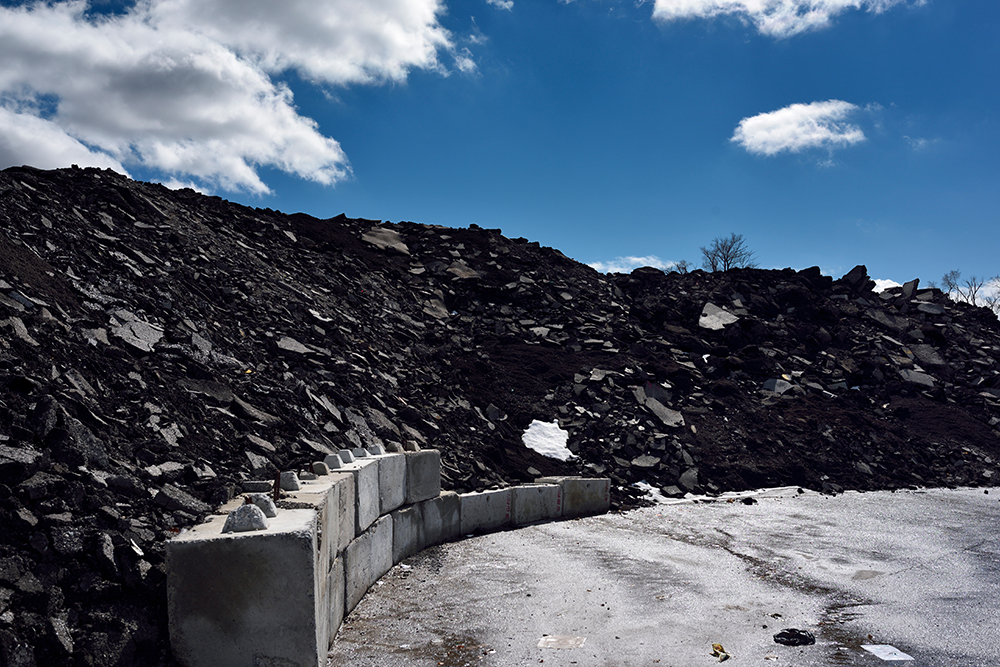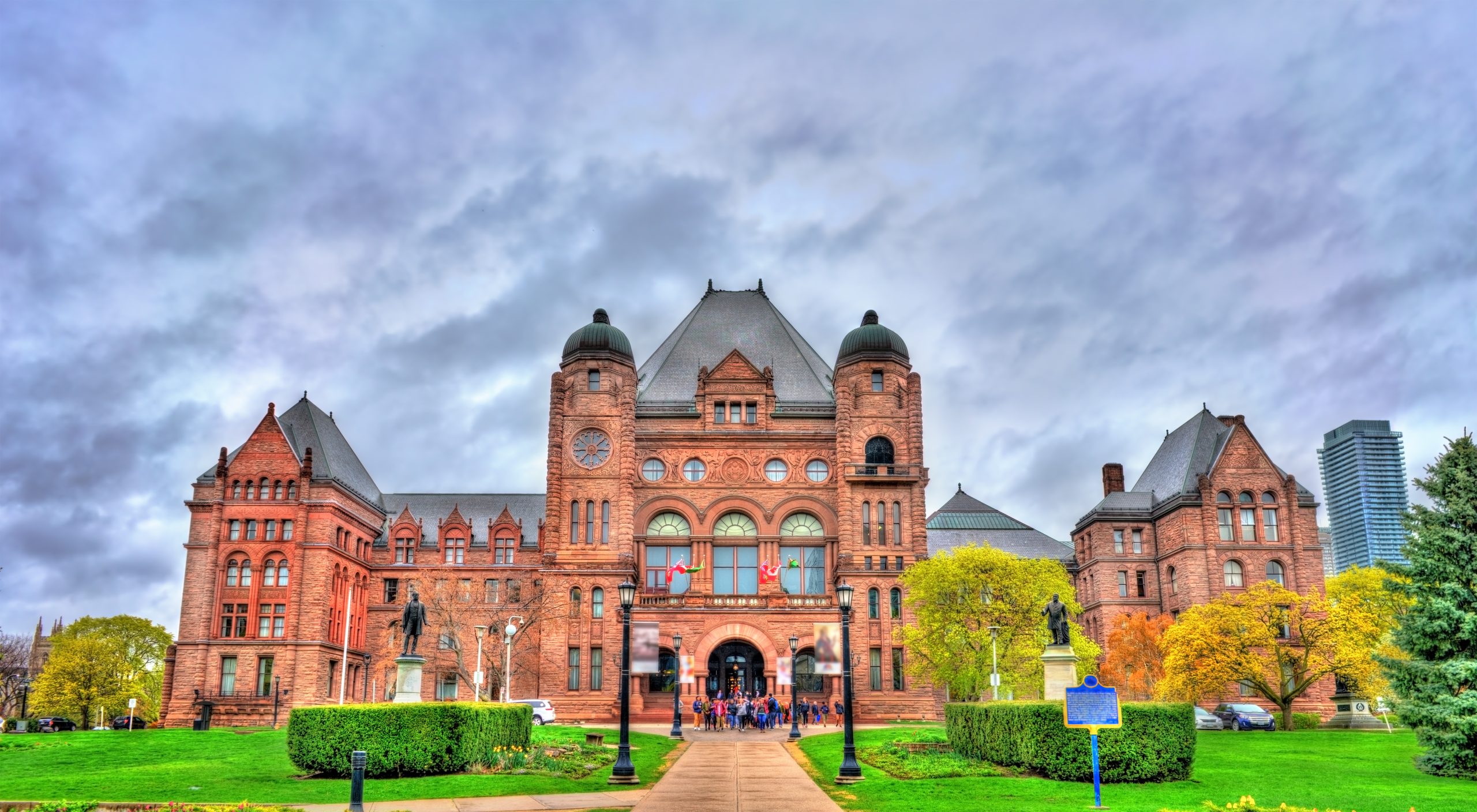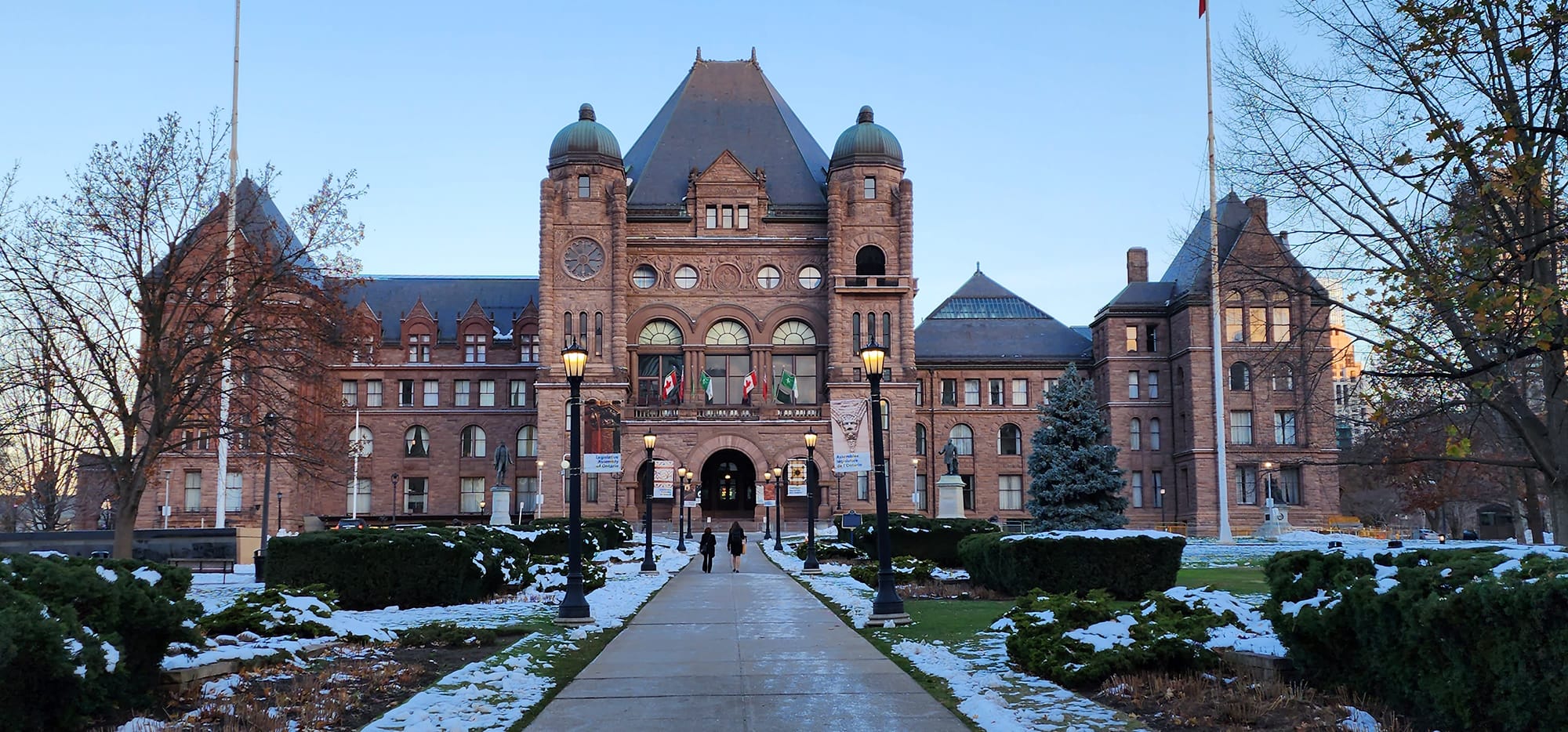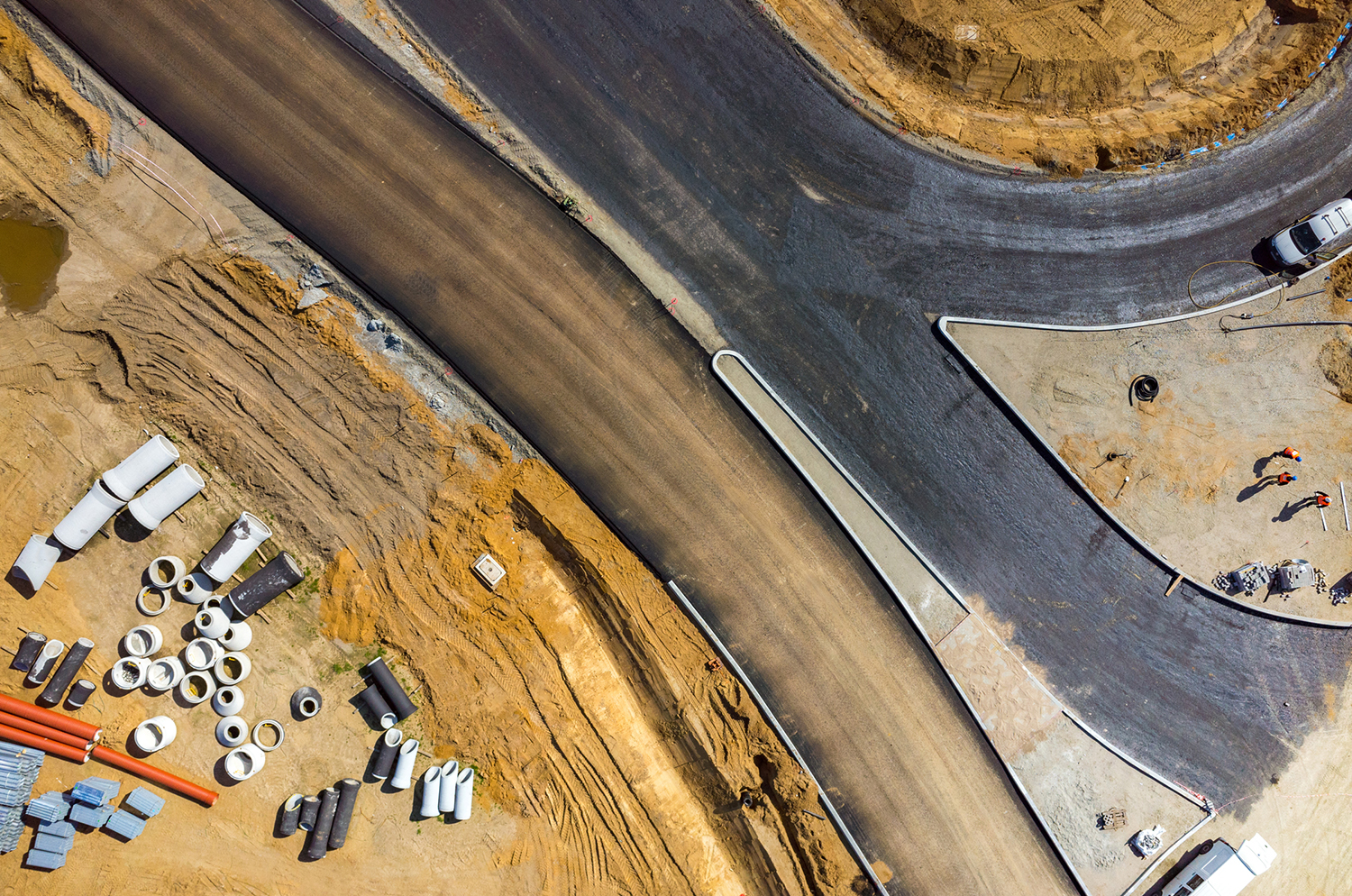BACKGROUND
On October 21, 2024, Minister of Transportation Prabmeet Sarkaria (Brampton South) introduced Bill 212, Reducing Gridlock, Saving You Time Act, 2024. The purported intention of this bill is to reduce congestion by removing bike lanes that have replaced a lane of automobile traffic. The bill also includes sections which would expedite the construction of provincial highways including Highway 413.
The bill was fast tracked through the legislative process as the government looked to ensure its passage before the winter break. As of February 2025, the bill has been enacted, leading to significant developments including a legal challenge based on the Charter of Rights and Freedoms.
ANALYSIS
Municipal Impact and Concerns
There are significant concerns about the impact of Bill 212 on municipalities’ ability to plan, design, and implement bicycle lanes effectively.
The evidence suggests that these measures will likely have the opposite effect of their stated intention, potentially increasing congestion by reducing cycling uptake and forcing cyclists to integrate directly into traffic in these corridors. This approach will also make roads more hazardous for both cyclists and pedestrians.
Local Expertise and Autonomy
Municipalities are a responsible order of government and are the closest to the day-to-day lives of Ontarians. As such, they are best positioned to assess and implement bicycle infrastructure based on localized conditions, community needs, road user safety, and strategic plans. Imposing a provincial approval requirement represents an overreach into municipal jurisdiction.
If implemented as written, this legislation will limit municipalities’ ability to flexibly and promptly respond to their community’s specific transportation needs. Local councils, traffic engineers, and urban planners are deeply familiar with the unique traffic dynamics, safety considerations, and stakeholder needs within their jurisdictions, and their expertise should remain the guiding force in implementing cycling infrastructure.
More Red Tape: Potential Delays and Increased Costs
Adding an extra layer of Ministry approval introduces additional bureaucratic processes that could complicate and slow down the implementation of municipal infrastructure projects. Municipalities already face extensive procedural requirements to secure funding, plan projects, and meet safety and design standards.
Further approvals from the Ministry will increase red tape, reducing municipalities’ ability to quickly adapt to local transportation needs and potentially causing project delays that undermine community engagement and support. These delays would not only increase costs but also hinder progress toward achieving provincial and municipal transportation and infrastructure goals.
Additionally, if new bike lanes are contingent upon Ministry approval, municipalities are at risk of spending substantial amounts of taxpayer funds on studies and consultation, only to face potential denial.
Balancing Traffic Flow and Active Transportation Goals
While concerns surrounding the maintenance of traffic flow are understandable, research shows that simply removing or avoiding the construction of bike lanes does not alleviate congestion. Instead, this approach often increases demand for driving, exacerbating gridlock over time.
Removing dedicated space for cyclists can make roads more crowded with vehicles, whereas properly integrated bike lanes help reduce the total volume of motorized traffic by providing viable, safe alternatives to driving. Municipalities need the flexibility to balance these priorities effectively.
Data Collection and Reporting Burden
The legislation requires municipalities to provide extensive traffic information on existing and future bicycle lanes in certain prescribed circumstances. This could place a considerable administrative and financial burden on municipalities, particularly those with limited resources. Any requirements for additional reporting or data provision should be designed in consultation with municipalities to ensure they are feasible and cost-effective.
Financial Considerations
If the province insists on moving forward with this legislation, municipalities should not be made to bear the burden of it. Not only should the province be covering the costs associated with bike lane removal, but it should also compensate municipalities for staff and planning time for their original installation. Municipalities have dedicated significant resources towards planning and implementing this infrastructure, and as such, should be compensated accordingly.
LEGAL CHALLENGE AND CHARTER IMPLICATIONS
As of February 2025, Cycle Toronto has launched a legal challenge against the Ford government’s Reducing Gridlock, Saving You Time Act. The timing of this announcement was notable, as Cycle Toronto’s executive director was hospitalized after being “doored” while cycling in an unprotected bike lane on his way to the announcement of the lawsuit.
The legal challenge, supported by Ecojustice and Paliare Roland, argues that the bill violates Section 7 of the Charter of Rights and Freedoms, which protects life, liberty, and security of the person. The challengers contend that removing existing bike lanes on major thoroughfares like Bloor, Yonge, and University would increase the risk of injury and death for cyclists. They emphasize that these lanes were installed after extensive study and review by the city.
A key aspect of the legal argument is that the government’s decision appears arbitrary and disproportionate to its stated goal of reducing congestion. The challengers note that the bill contradicts other provincial requirements for municipalities to plan for diverse mobility options, and that there are no viable alternative routes for the targeted bike lanes.
Cycle Toronto is seeking an immediate injunction to prevent the removal of bike lanes while awaiting a full hearing. However, even if the courts rule in their favor, the Ford government could potentially invoke Section 33 (the notwithstanding clause) to override the decision, as they have done with other legislation.
Important legal considerations include:
- Section 7 of the Charter guarantees “life, liberty and security of the person and the right not to be deprived thereof except in accordance with the principles of fundamental justice.” If the bike lanes on Bloor, Yonge, and University didn’t already exist, the Charter couldn’t compel either the city or the province to build them.
- The central issue is not whether the legislature can give the minister of transportation the power to approve or deny future bike lanes. Rather, the issue is the decision to remove bike lanes that already exist—and whether it was made in a way that preserves constitutional rights.
The argument is analogous to ones made recently regarding homeless encampments: courts have not declared that there’s a right to sleep in public parks under the Charter, but they have said that, when cities attempt to clear encampments, they have to do so in a way that respects the rights under Section 7. In practical terms, that has meant that cities are expected to provide reasonable shelter options.
CURRENT SITUATION
With Bill 212 now law, its provisions are in full effect. Municipalities are required to comply with new processes and adhere to new restrictions on local transportation infrastructure planning. These changes significantly reduce municipal control over infrastructure decisions and impose additional administrative and resource challenges. The Ministry of Transportation has yet to release any guideline for municipalities to utilize when assessing whether a planned bicycle lane will violate this new law.
The province is proceeding with the removal of a select few bike lanes in Toronto and has retained Stantec Consulting Ltd. to undertake the design work and construction to remove the lanes. It’s been reported that this could begin as soon as the spring. Minister Sarkaria’s office has stated that the work would be paid for solely by the province and that final costs would be reported in public accounts. However, it remains unclear whether municipalities will be compensated for all the work which had been previously undertaken to install this infrastructure.
















